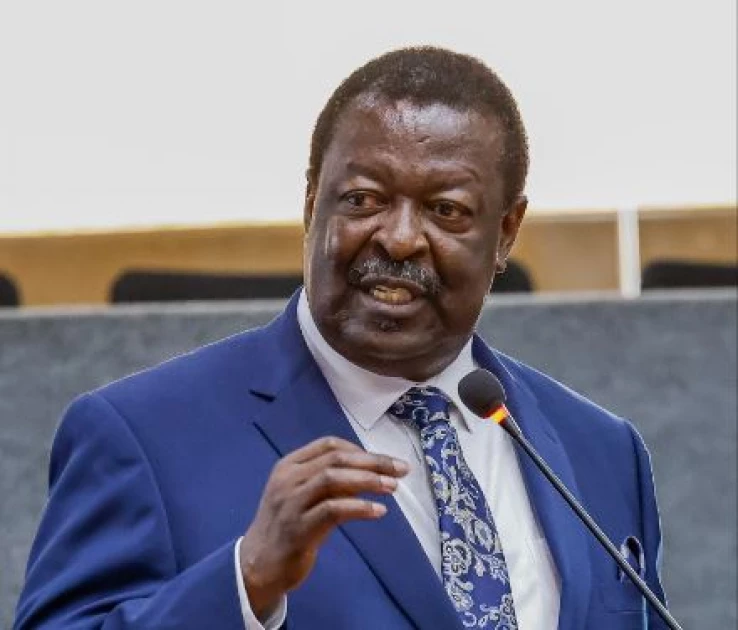Sh11 billion boost for jua kali as State pushes 130,988 housing units

The government has reported that 130,988 housing units are currently under construction across the country under the Kenya Kwanza Affordable Housing Program, generating an estimated 250,000 direct and indirect jobs.
The National Development Implementation Committee (NDIC), chaired by Prime Cabinet Secretary Musalia Mudavadi, stated that the ongoing construction comprises different categories, including 52,909 units under the Affordable Housing Programme (AHP), 56,753 social housing units, and 12,472 private sector-supported projects.
Additionally, 2,184 housing units are being developed for the police, while 160 are allocated for prison staff.
Alongside housing construction, the program is also benefitting small businesses and artisans.
The government has set aside Sh11 billion to support Jua Kali artisans and Micro, Small, and Medium Enterprises (MSMEs), ensuring that local businesses gain from the initiative.
“The government has committed Sh11 billion to support Jua Kali and MSMEs, ensuring that local businesses benefit from this ambitious housing plan,” NDIC stated in a dispatch on Wednesday.
According to the committee, the economic impact of the initiative is expected to expand further, with projections indicating the creation of over one million jobs once fully implemented.
Meanwhile, advertisements for the development of 128,656 additional housing units have already been placed.
Plans are also in motion to establish 156,484 new student accommodation beds to reduce congestion in higher learning institutions.
The Affordable Housing Program is financed through the Housing Levy introduced by the Affordable Housing Act 2024.
Under this framework, employees contribute 1.5 percent of their salaries, with employers required to match the contribution.
The levy, managed by the Affordable Housing Board, is intended to support the government's goal of constructing 200,000 affordable housing units annually.
Although the levy faced legal challenges, the High Court upheld its constitutionality in a ruling delivered on October 22, allowing the government to proceed with its implementation.
A petition filed by Busia Senator Okiya Omtatah, contesting the levy on grounds of inadequate public participation, was dismissed.
Justices Olga Sewe, John Chigiti, and Josephine Mong’are ruled that Parliament has the authority to impose taxes under Article 95 of the Constitution, further affirming that the levy applies uniformly to all Kenyans.
However, Housing Cabinet Secretary Alice Wahome clarified that contributing to the levy does not automatically guarantee homeownership under the program.
“The money you are contributing is not supposed to give you a house; it is basically the offtake. It helps us build the house, but after that, it is you who actually pays for that house. We are not building and giving you. It is like tenant purchase—you rent to own,” Wahome stated during an interview with NTV’s Fixing the Nation.
The Ruto administration has outlined that the rent-to-own model will extend up to 30 years, providing flexible payment plans for those seeking to own homes under the initiative.
